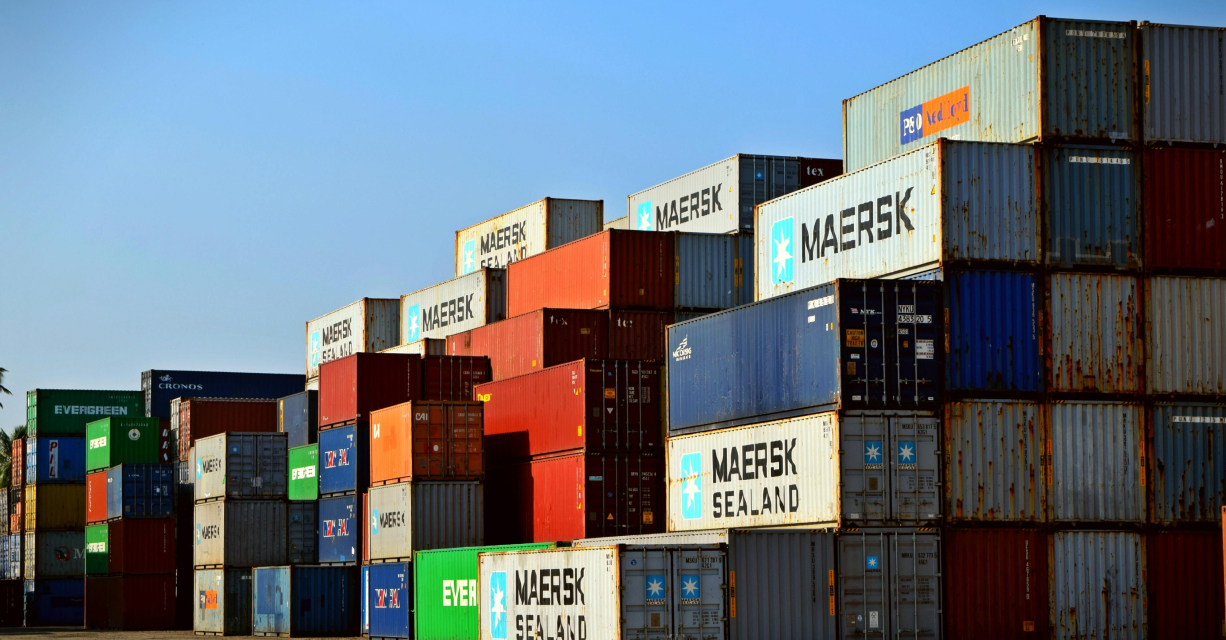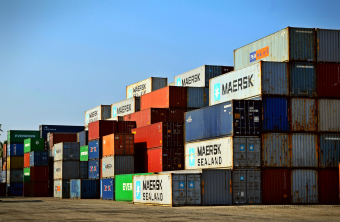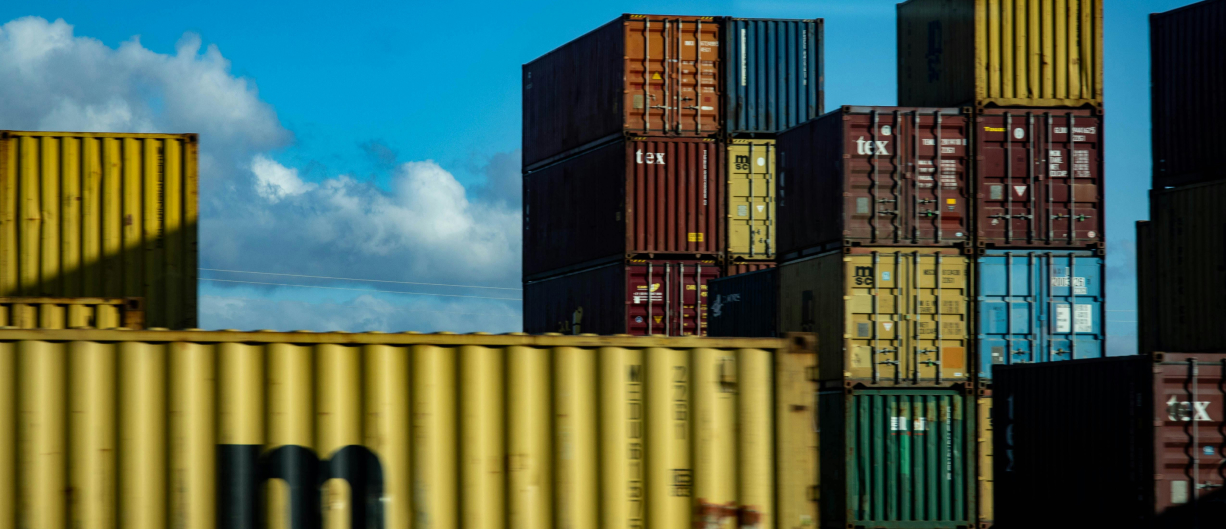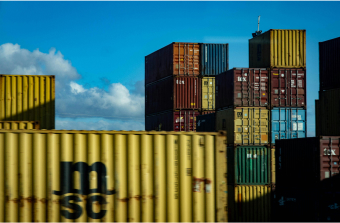

In the evolving landscape of global fashion retail, the demand for transparency within supply chains has reached a new peak. Investors are now urging Inditex, the parent company of Zara, to unveil its full list of suppliers, a move already adopted by competitors like H&M and Primark. This push for openness aims to enhance the assessment of supply chain risks, ensuring ethical and sustainable practices are upheld.
Unlike its peers, Inditex has historically kept its supplier information under wraps, choosing only to disclose the number of suppliers in its core countries without detailing individual factories. This lack of specificity stands out in an industry increasingly held to account for its social and environmental impact, particularly concerning issues like forced labor and fair wages for garment workers.
Dutch asset manager MN, on behalf of the Platform Living Wage Financials (PLWF) — a collective of 20 institutional investors with assets under management totaling €6.58 trillion ($7.16 trillion) — has spearheaded dialogues with Inditex. Their aim is to encourage the fashion giant to provide a comprehensive disclosure of its suppliers and geographical locations, aligning with industry standards for due diligence and transparency.
Despite assurances from Inditex of having the requisite data, the company has yet to meet investor expectations for disclosure, contrasting sharply with industry counterparts who publish extensive supplier lists.


The call for increased transparency is driven by a growing recognition of the interconnectedness of ethical supply chain practices and corporate accountability. Investors, regulators, and consumers alike are demanding greater insight into the sourcing of products to ensure compliance with human rights and environmental standards.
In light of scandals and legislative pressures, including scrutiny over Shein’s supply chain risks and stalled EU regulations on corporate sustainability disclosures, the spotlight on transparent supply chains has intensified. Fashion brands that lead in transparency, such as Adidas, H&M, and Primark, set a benchmark, showing that detailed supplier disclosure is both feasible and beneficial in mitigating risks and building brand trust.
As Inditex prepares to publish its annual results, the question of whether it will respond to investor demands for full supplier disclosure remains open. With a significant portion of the company owned by founder Amancio Ortega and his daughter Sandra Ortega, the decision could have far-reaching implications for the company’s valuation and investor relations.
In an industry marked by rapid change and increasing demands for sustainability and ethical practices, transparency is not just a regulatory requirement but a strategic asset. For Inditex, meeting these demands could reinforce its commitment to high standards in its supply chain, setting a precedent for others in the fashion industry to follow.
The unfolding dialogue between Inditex and its investors highlights a broader trend towards accountability and transparency in the global fashion industry. As stakeholders continue to advocate for these values, the hope is that more companies will recognize the importance of full disclosure in building a sustainable, ethical, and profitable business.